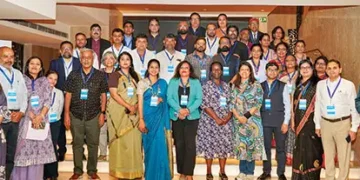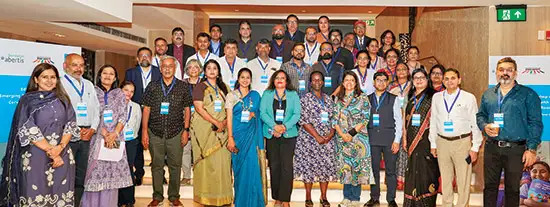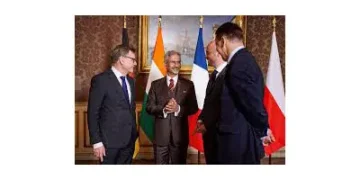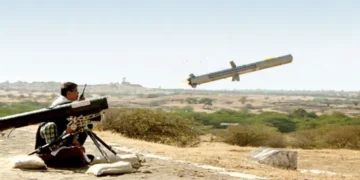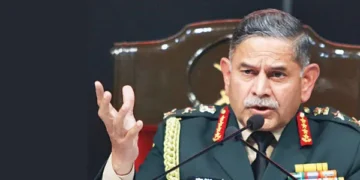Madhurendra Sinha
WITH social media generating a constant stream of noise on every subject, the need for evidence-based journalism has never been greater. Readers and viewers are increasingly falling prey to fabricated, biased, and even unfounded reports. This is particularly damaging when it concerns health news, which directly impacts human lives.
A two-day national Training of Trainers (ToT) workshop titled ‘Workshop for Strategic Engagement of Health Editors: Emerging Adolescent Health Challenges – Cervical Cancer and Road Safety’, organised by Unicef India, concluded here with a strong appeal to the media to intensify its role in promoting awareness about cervical cancer prevention and road safety.
In-depth discussion
The workshop featured in-depth discussions among senior editors on applying Critical Appraisal Skills (CAS) for evidence-based reporting and strategic storytelling to advance adolescent health. It aimed to strengthen sustained, evidence-based, and human-centred reporting on cervical cancer and road safety—two of India’s most pressing yet under-reported public health concerns. Participants examined structural challenges within newsrooms, explored the media’s role in combating misinformation, and devised strategies to link public health data with real-life stories.
Addressing the opening session, Zafrin Chowdhury, Chief of Communication, Advocacy and Partnerships, Unicef India, said, “Young people, and the wider media audience, deserve to receive accurate information about health issues that affect them and society at large. This can only be achieved when scientific and medical information is translated authentically and responsibly for readers and audiences.”
Road safety session
A special session on road safety highlighted that India records over 150,000 road deaths each year, with children and young people among the most affected. “Every crash is preventable, and the media can play a crucial role in reframing road safety as a shared social and governance issue that demands data-driven accountability rather than post-tragedy sympathy,” said Vivek Virendra Singh, Chief of Health, Unicef India Country Office.
Four editorial groups
Over two days, participants worked in four editorial groups to design newsroom strategies aimed at improving the visibility of women’s health—particularly cervical cancer—and road safety issues. The workshop was conducted under the Critical Appraisal Skills (CAS) framework, a Unicef-supported initiative launched in 2014 in partnership with the Indian Institute of Mass Communication, Oxford University, and the Thomson Reuters Foundation. Beyond health journalism, CAS can serve as a valuable tool across all types of news coverage. It must be mentioned here that during Covid, CAS tools were very effectively used by some media houses. Now time has come to expand the net.
